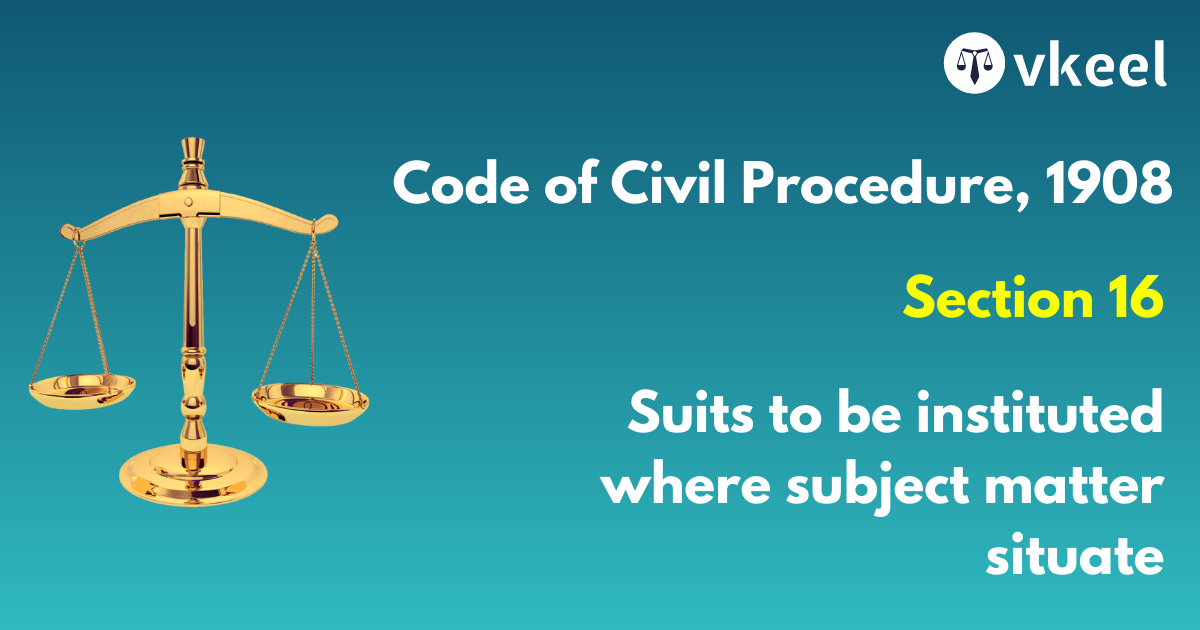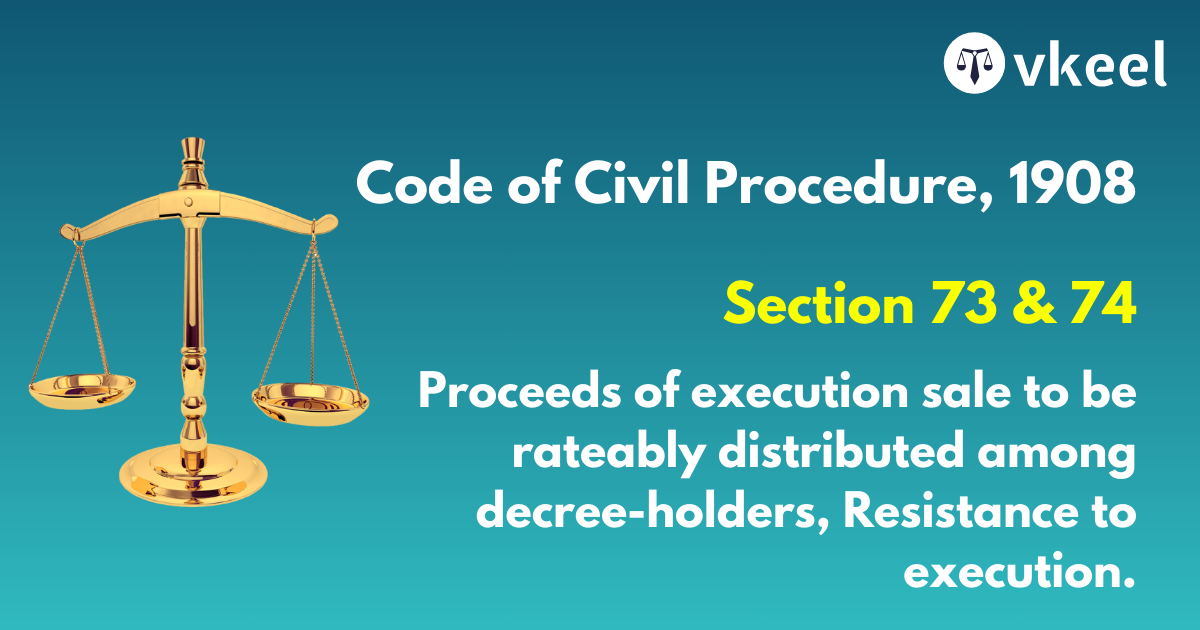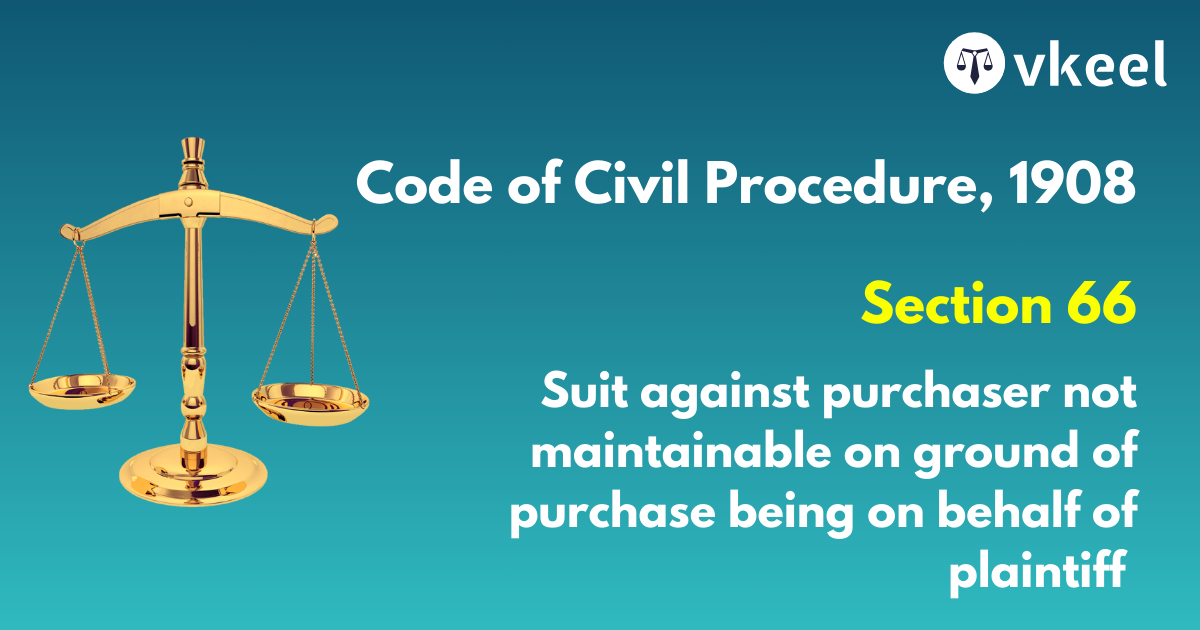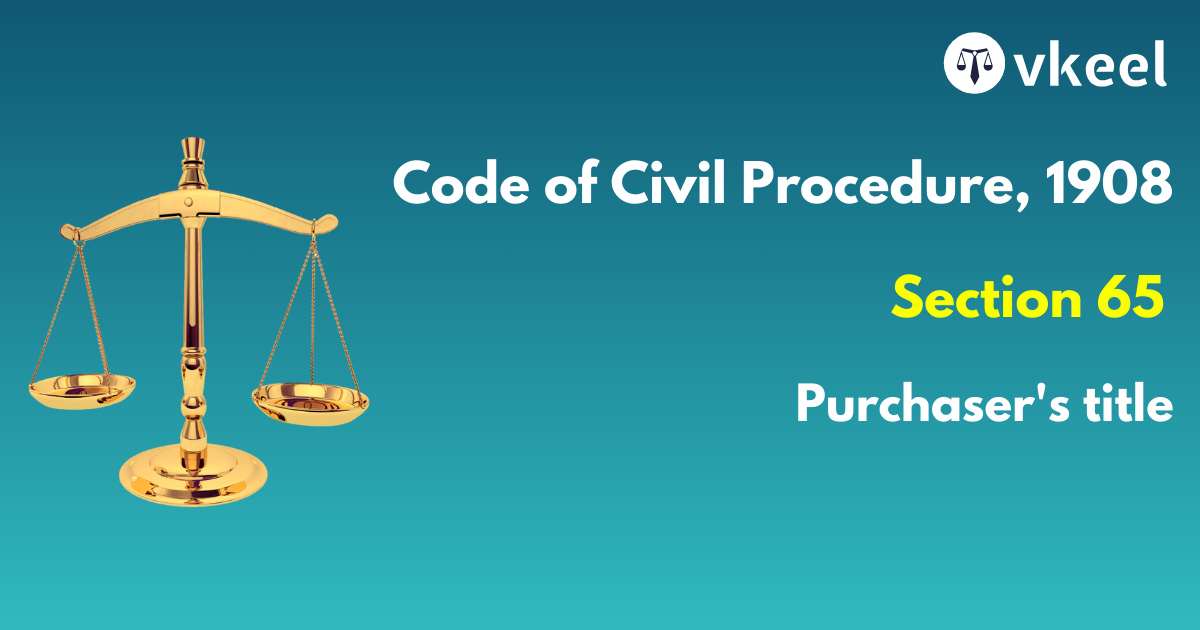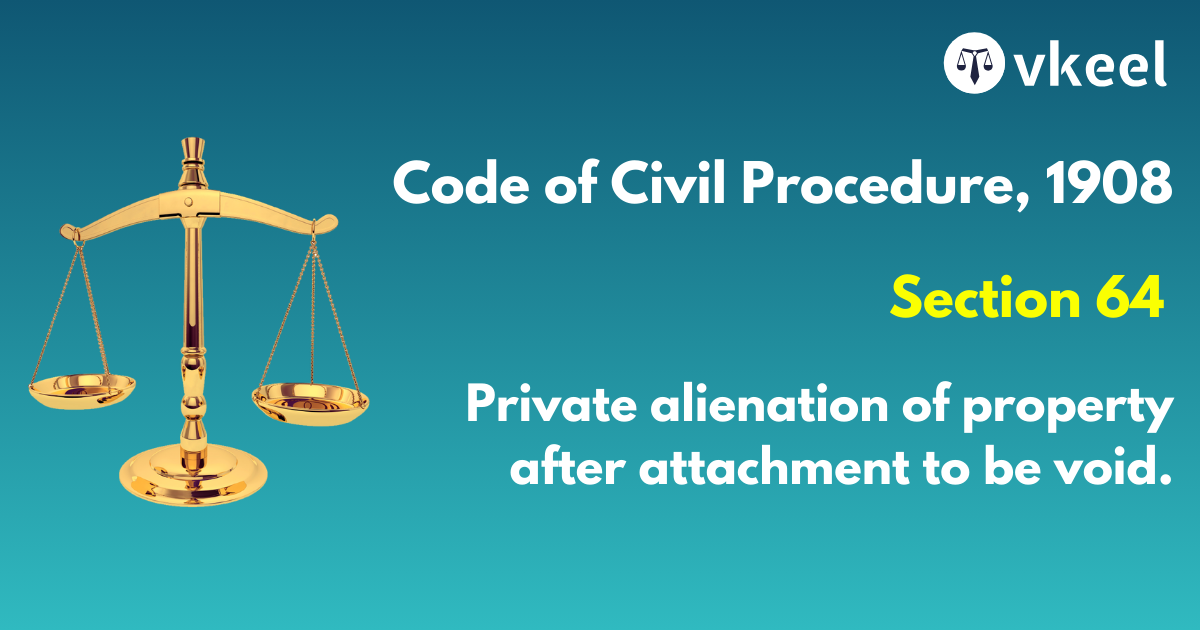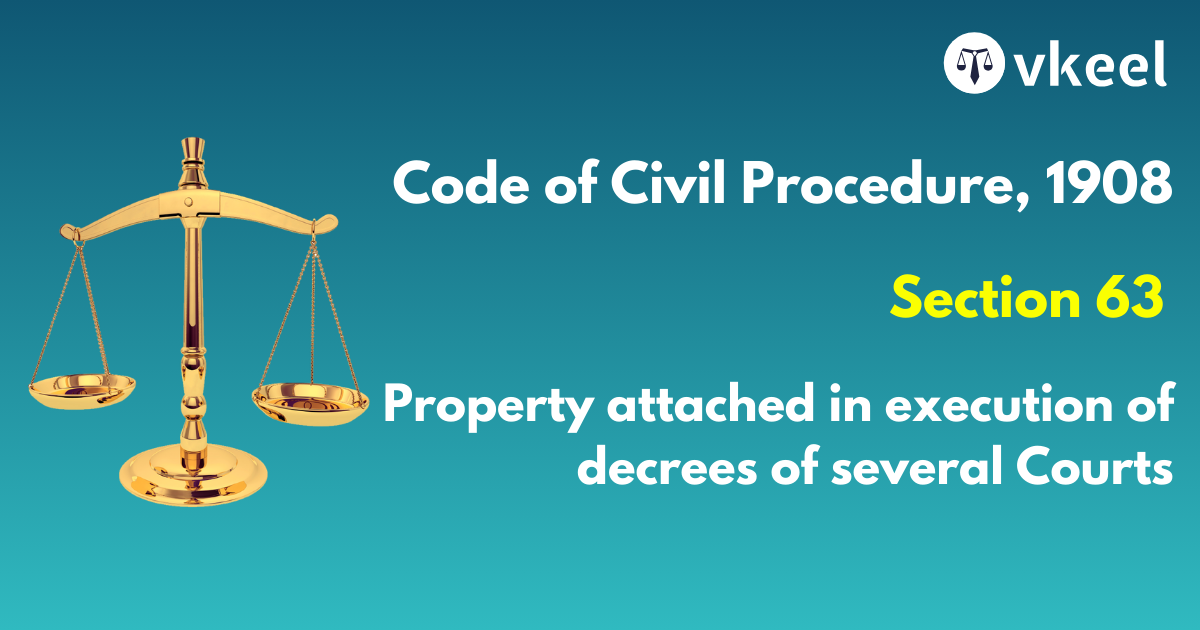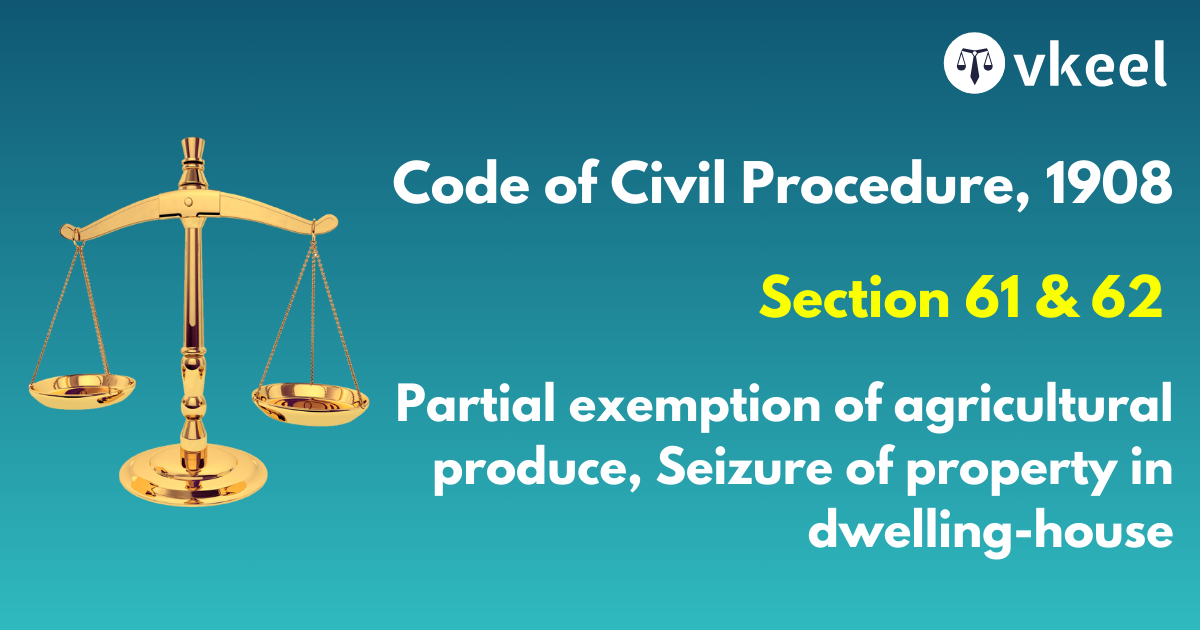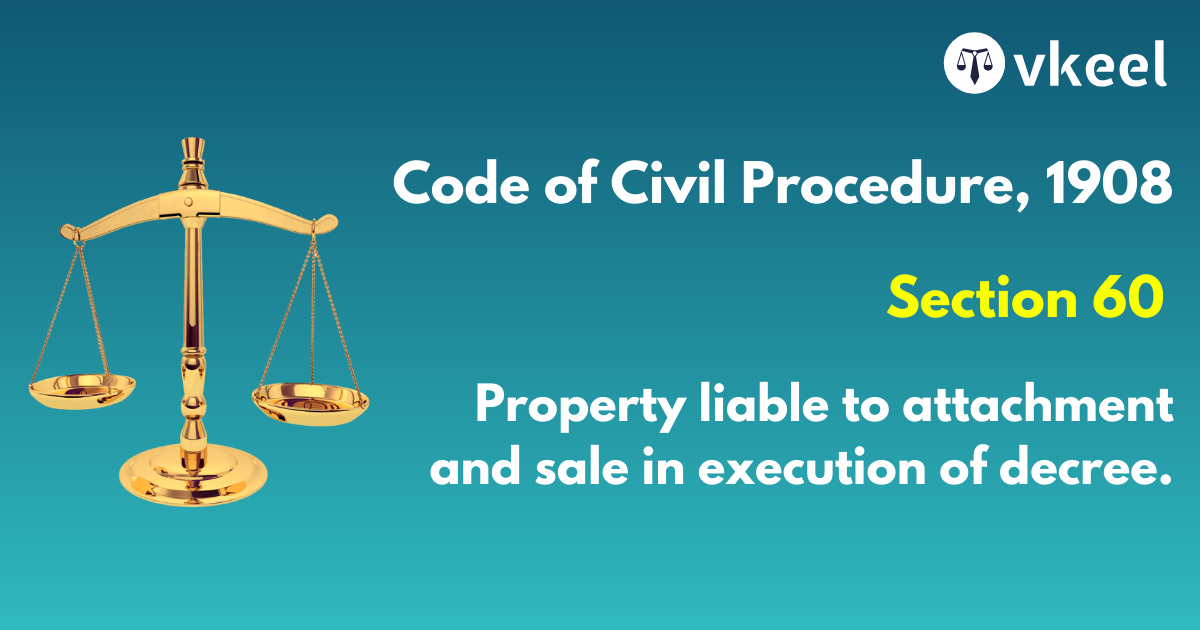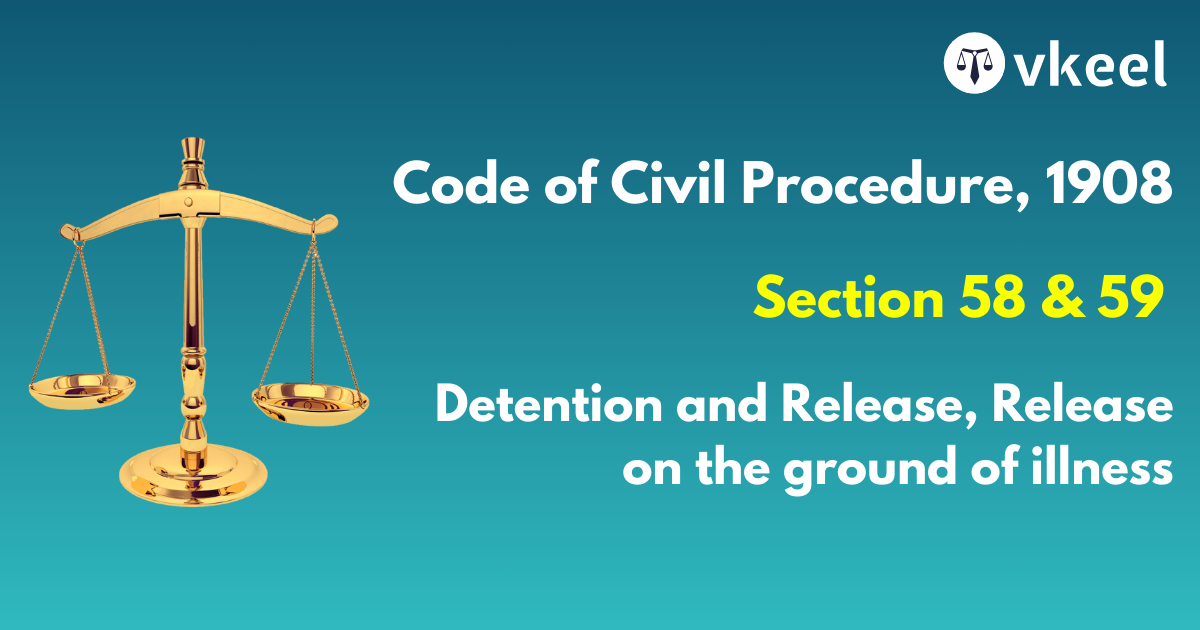Section 16 Code of Civil Procedure,1908 – Suits to be instituted where subject-matter situate
By Joy Puri
Table of Contents
Introduction
In the aforementioned section of the Code of Civil Procedure, 1908 the provision entails about the territorial limits of the courts regarding the suits which have to be registered.
The judicial pronouncements related to the antecedent provision have ordained that it is not suffice that the courts of law have some relation to the subject matter of the suit.
Albeit, the court’s jurisdiction must come within the ambit to hear and thereby decide the specific controversy which has arisen between the parties.
Section 16 of the Code of Civil Procedure,1908
Section 16 of the Code of Civil Procedure, 1908
16. Suits to be instituted where subject-matter situate—
Subject to the pecuniary or other limitations prescribed by any law, suits—
(a) for the recovery of immovable property with or without rent or profits,
(b) for the partition of immovable property,
(c) for foreclosure, sale or redemption in the case of a mortgage of or charge upon immovable property,
(d) for the determination of any other right to or interest in immovable property, (e) for compensation for wrong to immovable property,
(f) for the recovery of movable property actually under distraint or attachment, shall be instituted in the Court within the local limits of whose jurisdiction the property is situate:
Provided that a suit to obtain relief respecting, or compensation for wrong to, immovable property held by or on behalf of the defendant, may where the relief sought can be entirely obtained through his personal obedience be instituted either in the Court within the local limits of whose jurisdiction the property is situate, or in the Court within the local limits of whose jurisdiction the defendant actually and voluntarily resides, or carries on business, or personally works for gain.
Explanation.— In this section “property” means property situate in India.
Landmark Case Laws
State Bank of India Vs Sanjeev Malik, 1996
Where the defendants reside within the jurisdiction of one court and the mortgaged properties are within the jurisdiction of another court and the suit for personal remedy and also against the property is brought in the former court, the entire plaint cannot be returned for presentation before the latter court. The court should proceed so far as the relief for personal decree concerned and declare its inability, to grant the relief against the property. The plaintiff can be asked to amend the plaint by deleting the relief against the property.
Praking Vs State Bank Indore, 1996
When provision has been adequately made under section 16 the operations of all provisions under section 20 are not relevant. A suit for recovery of loan under a mortgage is covered by section 16.
Venkata Vs Surya, 1941
The sections deals with territorial jurisdiction. Pecuniary and other jurisdictions sections 15, 9 and 92. Property within the jurisdiction of different courts section 17. Section 16 is the most important section. Sections 17-25 widen and enlarge the scope of section 16 .
Offl Trustee Vs Sachindra, 1969
It is not sufficient that the court has some jurisdiction in relation to the subject matter of the suit. Its jurisdiction must include the power to hear and decide the particular controversy that has arisen between the parties.
Standard &c Vs Jogendra, 1959
A machinery should ordinarily be regarded as movable property. In the absence of any averment as to the nature of machinery installed it cannot be said to be permanently fixed to the earth so as to bring the case within clause (a) or (d).
Hem Ch Vs Dhirendra
A suit for administration, accounts and for appointment of a receiver alleging that the defendant executors have committed a breach of duty, is not a suit for determination of a right to or interest in immovable property because one item of immovable property is situated outside the local limits of the jurisdiction of the court.
State Bank of India Vs Sanjeev Malik, AIR 1996
Where the defendants reside within the jurisdiction of one court and the mortgaged properties are within the jurisdiction of another court and the suit for personal remedy and also against the property is brought in the former court, the entire plaint cannot be returned for presentation before the latter court. The court should proceed so far as the relief for personal decree concerned and declare its inability, to grant the relief against the property. The plaintiff can be asked to amend the plaint by deleting the relief against the property
Harshad Chiman Lal Modi Vs DLF Universal Ltd, 2005
A suit for specific performance of contract relating to immovable property lies at the place where the immovable property, subject matter of the contract, is situate. Agreement between the parties conferring jurisdiction on Court at some other place would be void being opposed to public policy.
Splendor Landbase Ltd Vs Mirage Infra Ltd, 2010
Dispute between the parties related to immovable property situated at Chandigarh, though agreement relating thereto was executed at Delhi. Held, suit would be governed by section 16(d), shall be filed at Chandigarh, the mere fact that agreement relating to the property was recorded at Delhi would not clothe Courts at Delhi territorial jurisdiction to try the suit
Conclusion
Thereby in its true essence the section deals with the territorial limits, in furtherance it can be deciphered that the section holds its ancient pillars from the legal maxim of equity acts in personam.
Disclaimer:
The information provided in the article is for general informational purposes only, and is not intended to constitute legal advice or to be relied upon as a substitute for legal advice. Furthermore, any information contained in the article is not guaranteed to be current, complete or accurate. If you require legal advice or representation, you should contact an attorney or law firm directly. We are not responsible for any damages resulting from any reliance on the content of this website.

